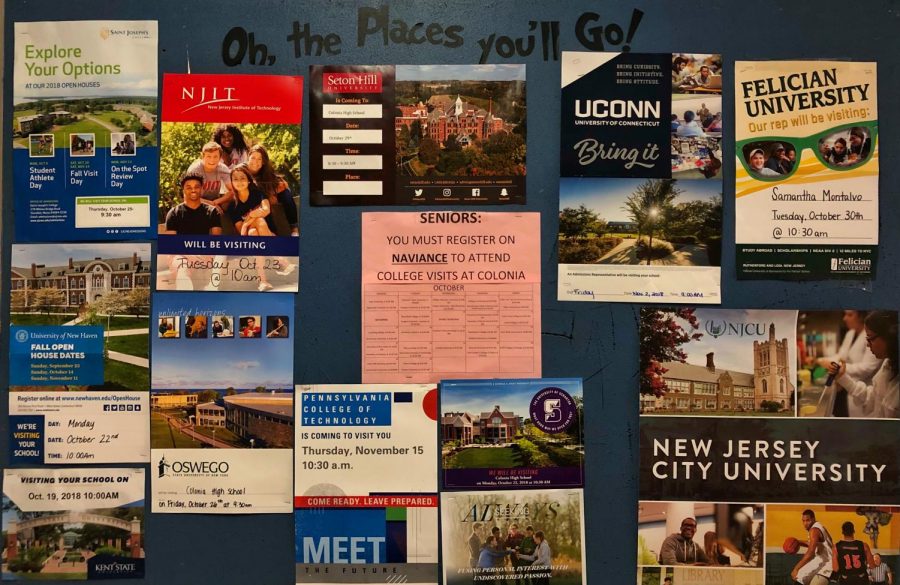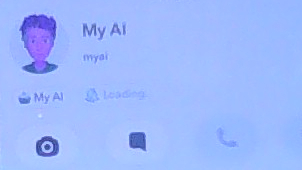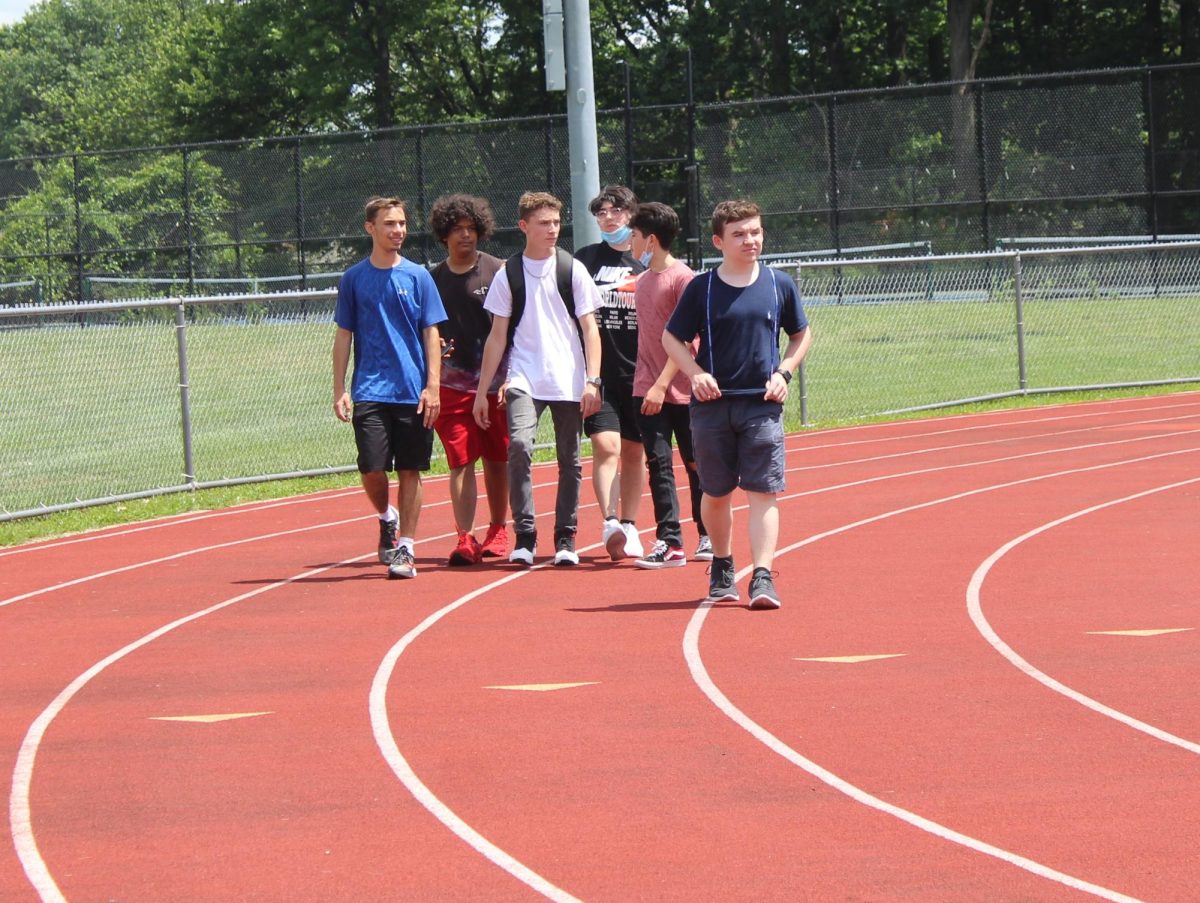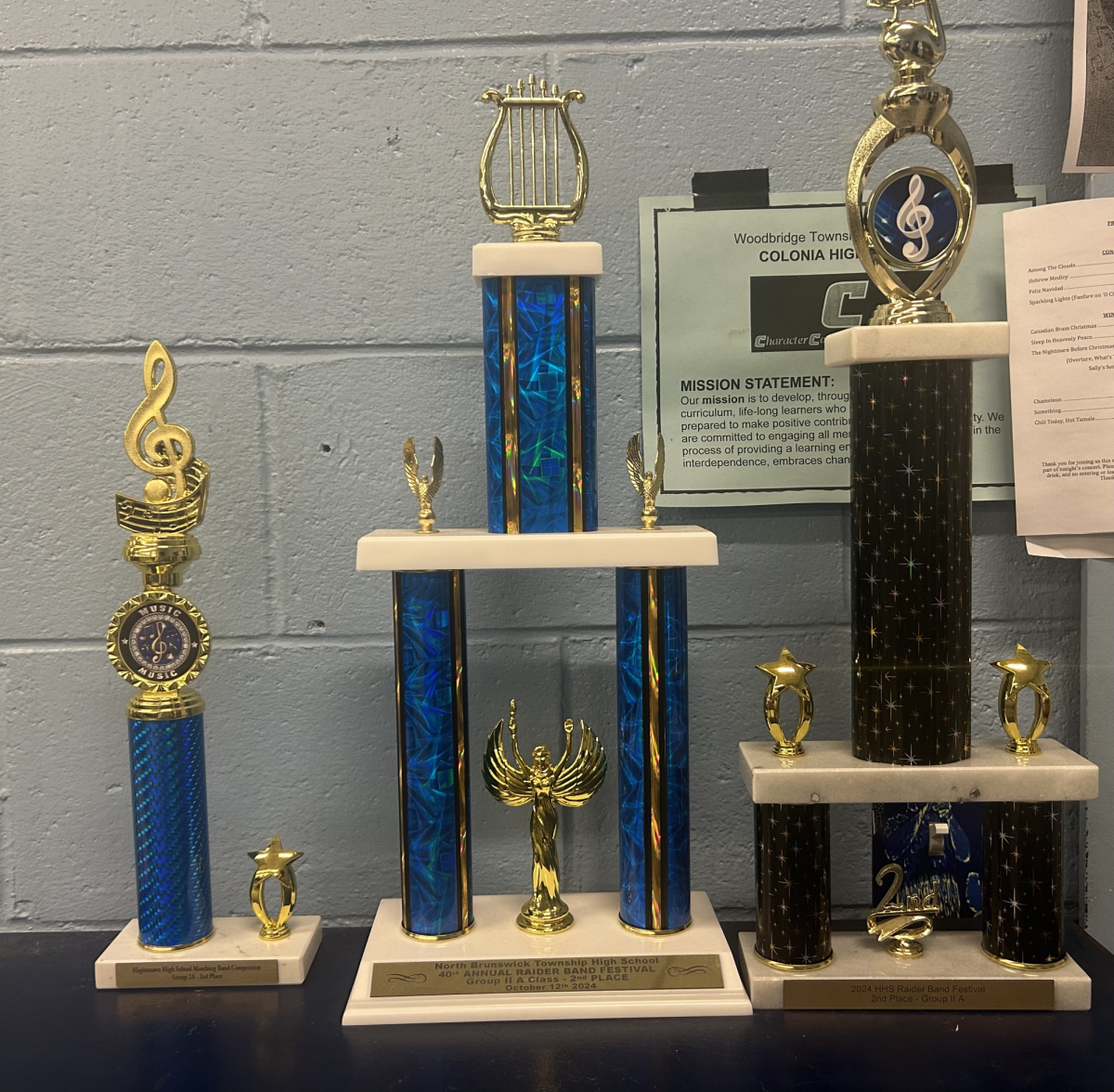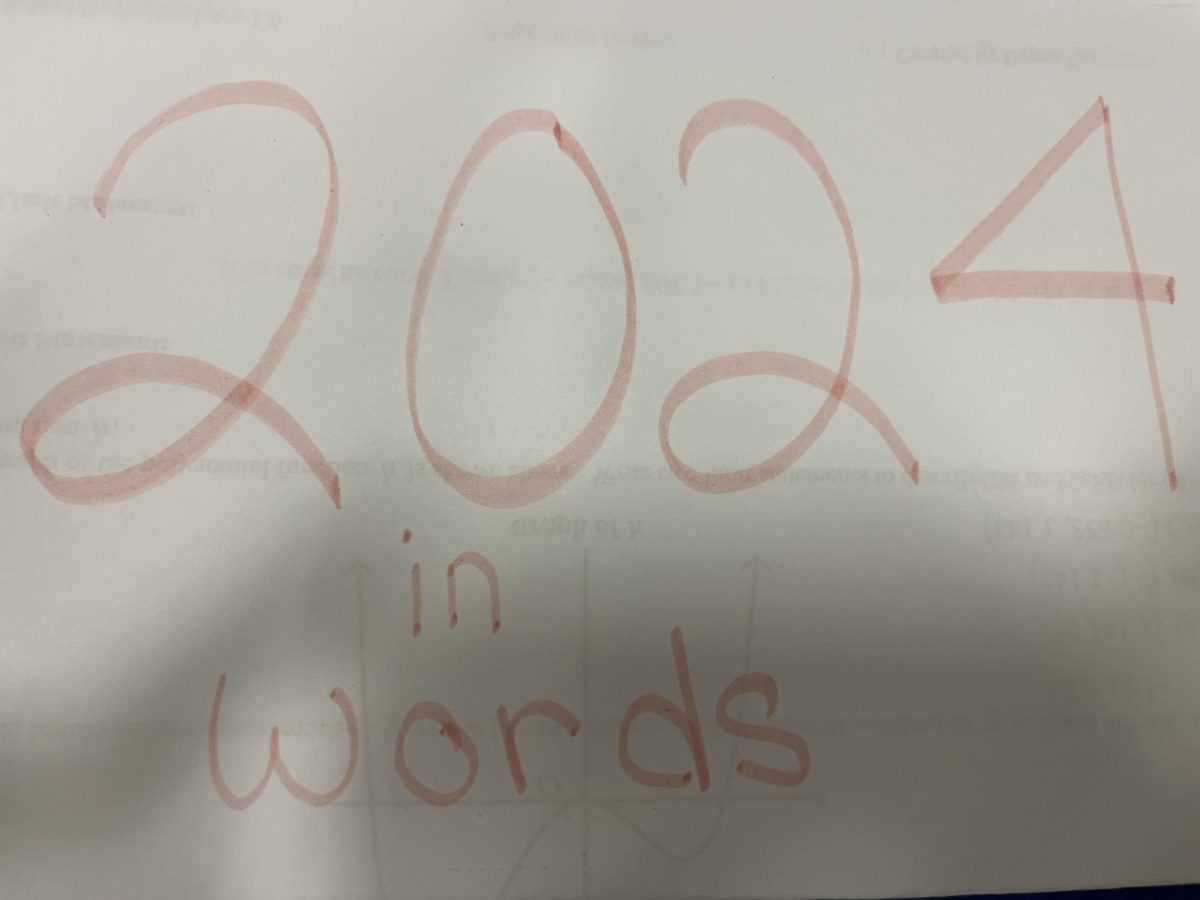Woodbridge High School held a college fair for high school students in Middlesex County on Wednesday, October 24. Representatives from over 50 colleges and universities attended this event.
According to USA Today, college degree holders earn 56% more money than high school graduates. This gap in wages is pushing more and more students to continue their education after high school. With the thousands of colleges in the U.S. and degrees in every field imaginable, the possibilities are endless. Each person can find a school and a degree that is right for them.
Finding the right college
Applying to colleges can be a stressful process for seniors in high school. There are many elements to consider before the application process can begin. Students must choose between things such as attending a four-year school or a two-year school, a small school or a large school, and commuting or living on campus.
Once those decisions are made, college fairs can be very beneficial for narrowing down a list of potential schools. On the other hand, they can assist students in finding information about schools even if they haven’t made those decisions yet.
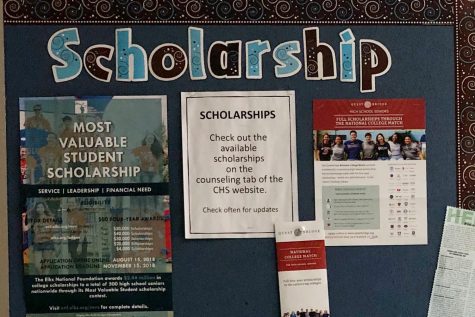
In the 2013-2014 school year, $122.7 billion in grants and scholarships were awarded to students.
Gregory Benedict represented Kean University at Woodbridge High School’s college fair. Like representatives from other schools, he answered any questions that students had about Kean University. Benedict said, “The idea of a college fair though is to get general information from a wide variety of schools from all over, so the student can find the potential best fit for their future.” He also provided them with handouts containing important information about the school. If a student develops an interest in any school at a college fair, they should take those handouts. They often list dates of important events held by the school such as open houses. Attending those events will provide students with more insight into a potential school.
What students should expect at college fairs
Attending a college fair gives students an opportunity to meet admissions counselors from various universities. They are there to answer questions and can help determine if a school meets the needs of a student. Steven Krier is an admissions counselor at Fairleigh Dickinson University. When meeting students, Krier is “looking to see what [their] goals are, what [their] dream job may be, and other factors that may play a part in matching [them] to a program we may offer.” He notes that “Being open and transparent about what you want goes a long way.” Students should be straightforward about their goals because there are usually multiple ways to achieve that goal.
Before leaving the college fair, students should fill out contact information cards for each school. This is crucial because it allows the school to send students additional information regarding admissions, campus tours, etc. Some schools even provide application fee waivers for those who do so.
After meeting any representatives, Krier suggests sending them a thank you email. This should be done within 24 hours of the conversation so that they are more like to recall who you are. Simply sending an email creates a good impression and shows that a student is truly interested in a particular university.
College fairs are a great way for students to begin their college search. They should visit the tables of as many schools as possible to make the most out of the event. In the end, a school that a student has never heard of could end up being their top choice.




